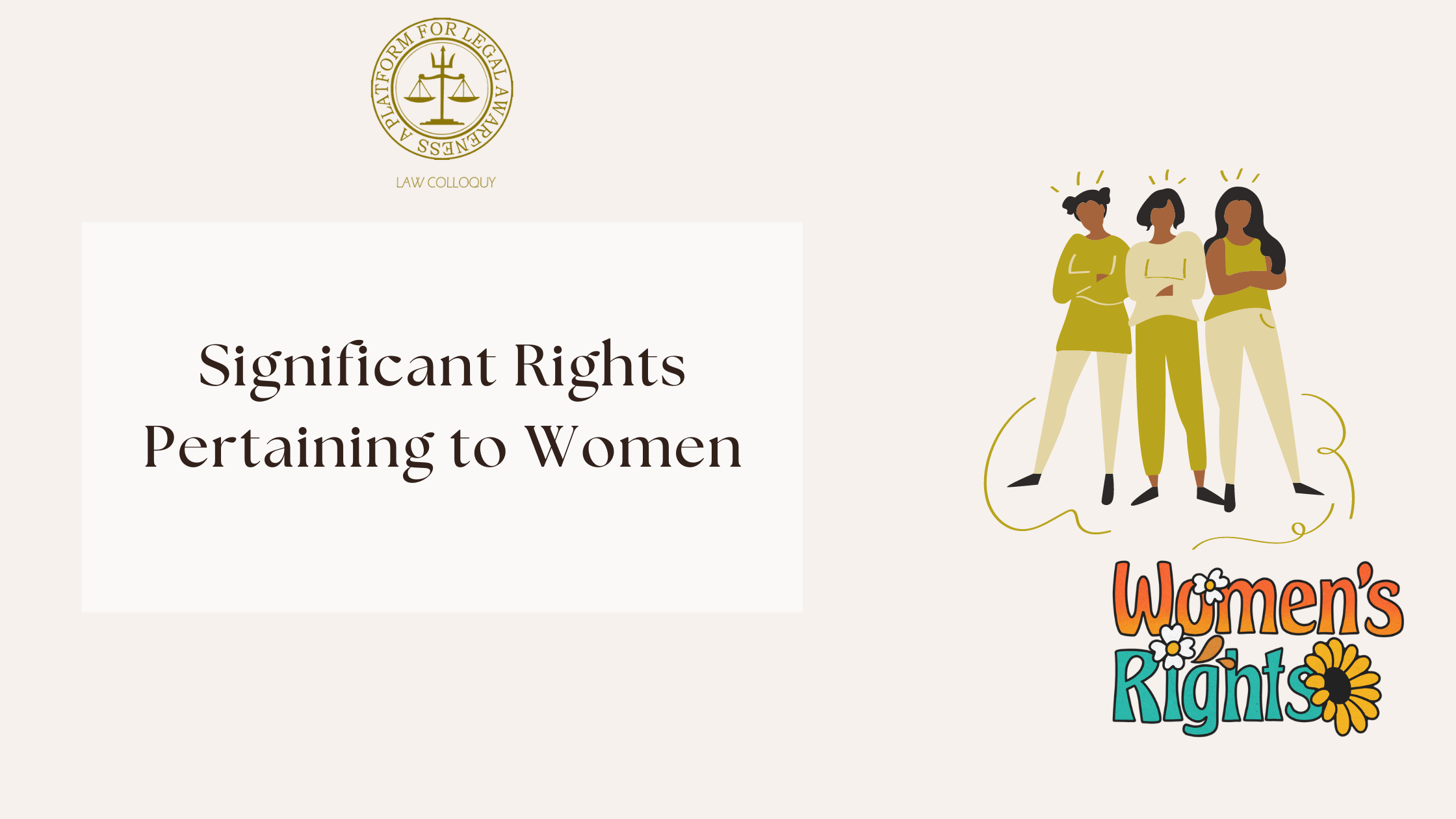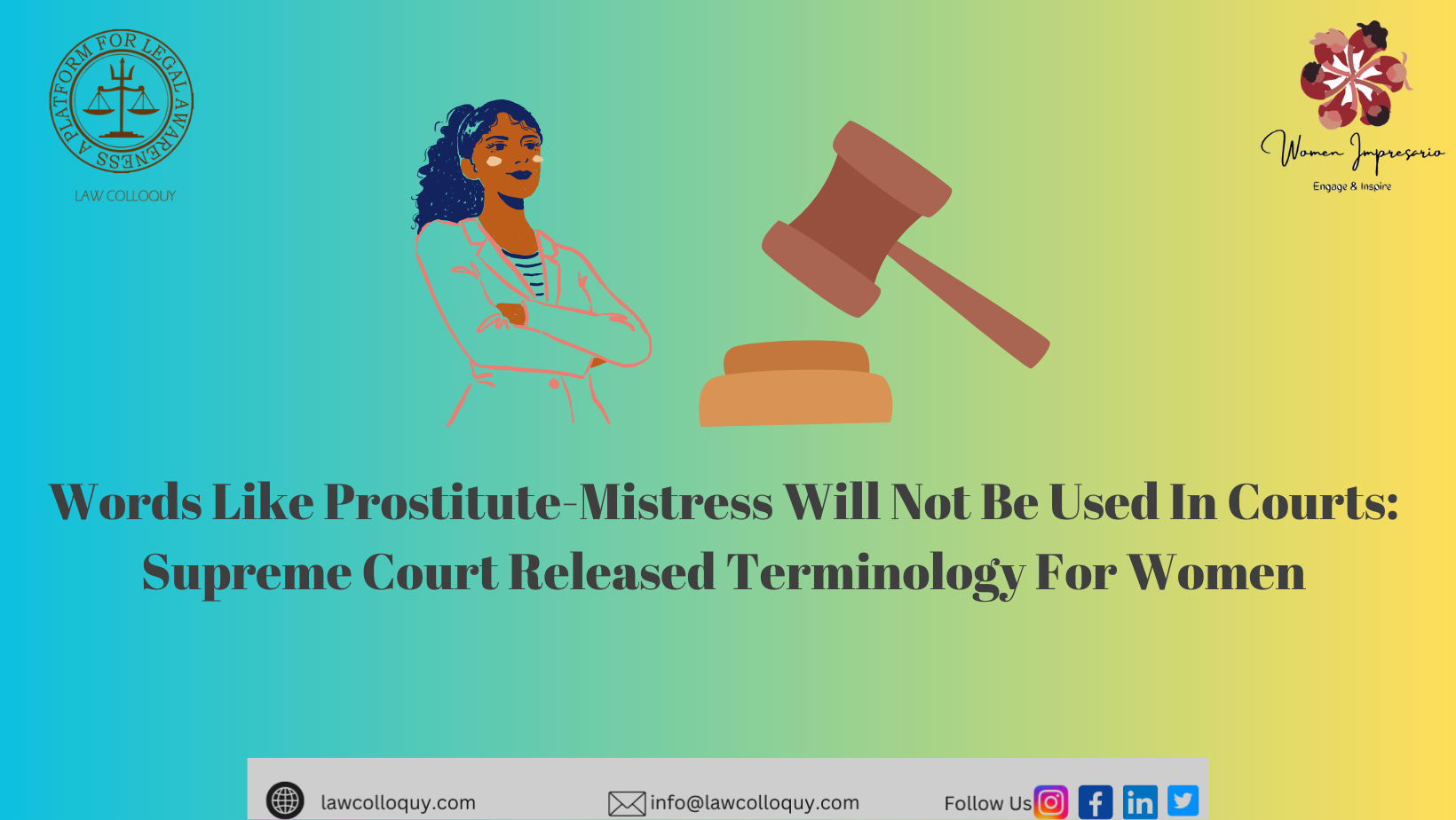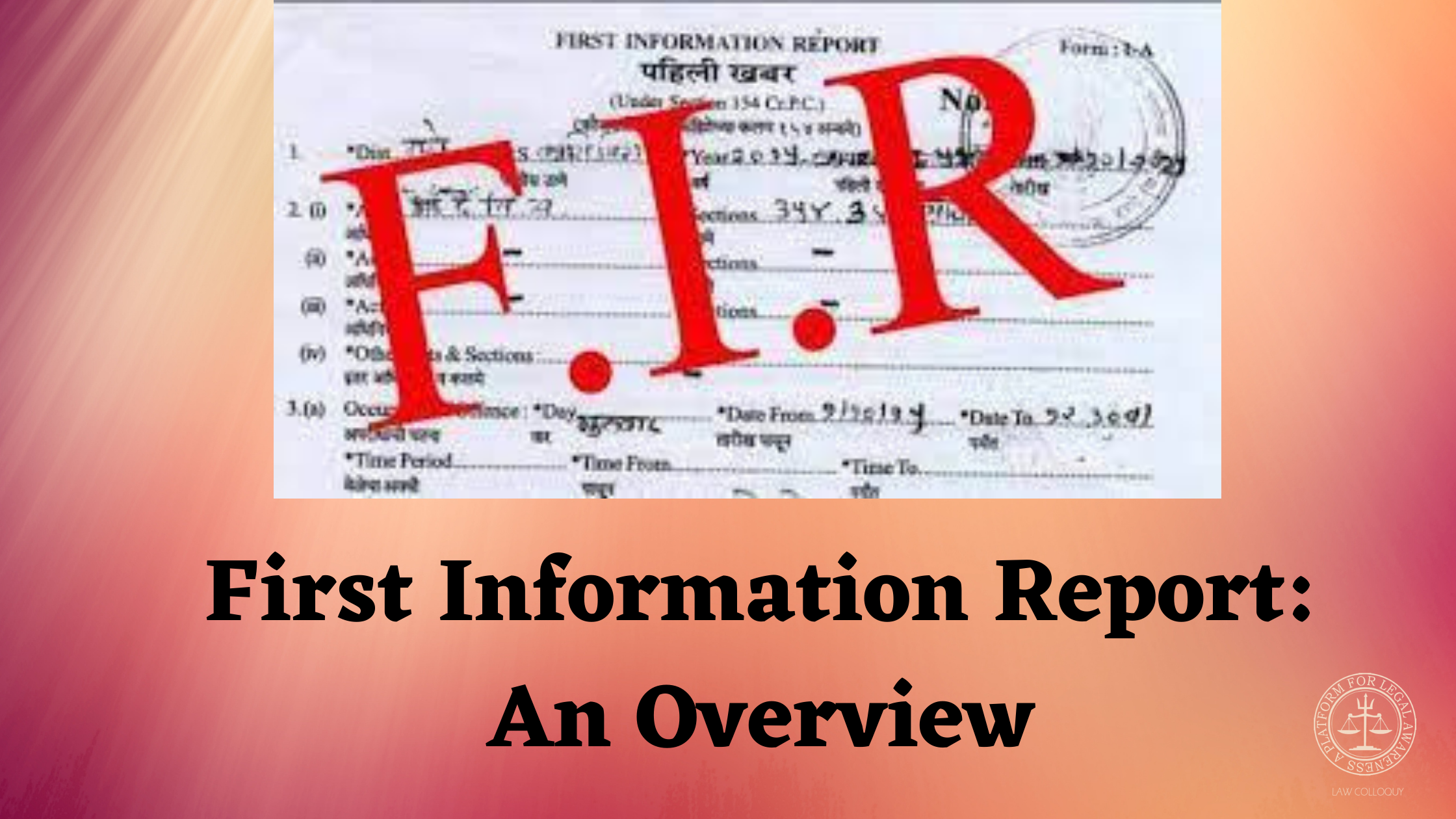Ministry of Civil Aviation (MoCA): An Overview
The Ministry of Civil Aviation is responsible for formulating national policies and regulations for civil aviation in India. It has attached and autonomous organisations like DGCA, BCAS, and AAI overseas. This blog gives an overview of the Ministry of Civil Aviation.
Ministry of Agriculture and Farmers’ Welfare- An Overview
The Ministry of Agriculture and Farmers’ Welfare is the main regulating body of India and is accountable for establishing and administering the rules, regulations, and laws of agriculture. This department aims to surpass agriculture, the welfare of the farmer, and satisfy the country’s food needs. It happens with the involvement of three major units serving different functions and holding specific obligations. This blog throws a light on the various department under the Ministry and their roles and responsibilities in brief.
Credit Cards: A Growing Trend and Financial Tool in India
In October 2023, credit card spending reached an all-time high of Rs 1.72 lakh crore. Indians have used credit cards to spend up to Rs 5 lakh crore in just the last three months alone, which is equivalent to roughly 2% of the country's GDP. Because they make it easier for people to spend money, credit cards have emerged as a crucial instrument for stimulating the economy and promoting corporate and economic growth. Credit cards have the potential to help businesses and individuals alike when utilised sensibly, which will boost the economy. This blog discusses the pros and cons of credit card usage.
Evolution of the Indian Penal Code to Bharatiya Nyaya Sanhita (BNS)
India's criminal justice system is a testament to its remarkable resilience and adaptability. It has evolved to meet the needs of various historical periods, including the recent amendment of the Bhartiya Nyaya Sanhita. This blog explains the evolution of the penal system in India.
Words Like Prostitute-Mistress Will Not Be Used In Courts: Supreme Court Released Terminology For Women
Gender stereotype words will no longer be used in Supreme Court decisions and arguments. Supreme Court launches Gender Stereotypes Combat Handbook to crack down on derogatory terms used for women.
Shaping Justice: The Proposed Bharatiya Nyaya Sanhita Amendment Bill
A nation's legal framework serves as the backbone of its society, ensuring justice, equality, and protection of individual rights. In this context, the proposed Bharatiya Nyaya Sanhita Amendment Bill is a significant development that aims to reform and strengthen India's criminal justice system. This blog delves into the proposed amendment's key provisions and potential implications, shedding light on its role in shaping a more efficient and equitable legal landscape.
The Police Commissionerates System in Bhopal & Indore- Explainer
Before independence, the commissioner system was in force during the British era. It was adopted by the Indian Police after independence. This system is presently applicable in more than 72 metros of the country. Under Part 4 of the Indian Police Act, 1861, the District Officer has certain powers to exercise control over the Police. In this, the Code of Criminal Procedure (CrPC) gives certain powers to the Executive Magistrate for the smooth running of Law and order. Indore is the most populated city of M.P. with a population of 32.72 lakh, while Bhopal is the fifth most populated District with a population of 23.68 lakh as per the census of 2011. Madhya Pradesh Chief Minister Shivraj Singh Chouhan on November 21 announced the implementation of a police commissioner system in the two cities of M.P., Bhopal and Indore, referring growing population and geographical expansion of the two cities and the accompanying administrative and Law & order problems. This blog explains the The Police Commissionerates System and procedure in brief.
First Information Report (FIR): An Overview
Crime and its reporting happen in relays, a country for its good governance & maintenance of tranquility requires complaints to be registered, these then need to be taken in cognizance and resolved in an established manner. A proper administration of the criminal justice system, therefore, requires balancing the rights of the victim and the accused. In India, the distribution of power takes place among its departments and thus reporting of crime, and its settlement happens by involving various branches of government. Reporting of crime is the initial step in the criminal justice system. The ‘First Information Report’ is an essential process in the investigation of a criminal case, in common parlance and in media reporting.
Misuse of Gender Laws in India
This paper, titled ‘Misuse of Gender Laws in India’, attempts to put forth some major loopholes in our Judicial System with respect to gender-oriented laws. It tries to make a sincere effort to understand how and why these loopholes get exploited by a section of society. It aims to critically evaluate, study and examine the major difference between what was intended by some laws versus what actually became of them through their massive misuse. This is one of those areas which has just started to gain momentum among the masses, but the legal and societal recognition of which has not received enough attention. There is also a significant dearth of quality literature available in this respect.
Distinction between Fundamental Rights and Human Rights
Rights are the reasonable privileges of people. These claims are ensured by law. According to law, rights are considered as the sensible case of the people which are acknowledged by the general public and affirmed by statute. It can be fundamental rights or human rights. The rights which are principal to the life of the citizens of a nation are known as fundamental rights. The primary contrast between fundamental rights and human rights is that the fundamental rights are particular to a specific nation, while human rights have overall acknowledgment. Fundamental Rights and Human Rights are essential for the presence and improvement of people. It makes a superior domain and better living conditions for individuals, and in addition, they, protect their nobility. Human rights and fundamental rights are key rules that remain at the premise of any fair and equivalent society.
Politics and Advocacy during the COVID-19 Pandemic
COVID-19 has given rise to unimaginable damage and distress. It has turned the world upside down with minimal human contiguity, unemployment and heightened domestic disaccord.
Biological Age cannot be inclusive of Mental Age
The judiciary is racing towards the liberal interpretation from the strict interpretation of the laws, statutes, and provisions and so on.
Mens Rea: An Explanation
Mens rea is a Latin term which means ‘guilty mind’. It is the mental element of a person’s intention to commit a crime, or it is the knowledge that one’s action or lack of action that would result in a crime.
Rights of The Accused in India
In India, the rights of the accused are provided only in cases where a warrant is issued. An accused has certain rights during any investigation; enquiry or trial of offence with which he is charged till the time the crime is not proven.
Probation of Offenders Act 1958: An Overview
An accused person should be given a chance of reformation that he would lose if he is incarcerated in prison and associates with hardened criminals.
Difference between Investigation and Inquiry under Criminal Procedure Code 1973
The criminal procedure in India is governed by the CrPC 1973.
Amicus Curiae: The Indian perspective
An amicus curia is a Latin word which means, ‘friend of the court. He/she is a person appointed by the court who is a specialist in any specific area along with the legal knowledge who can assist a court by offering information, expertise, or insight that has a bearing on the issues in the case in the form of a brief. He is not a party to a case and should not be appointed by a party to maintain the transparency and unbiased decision. The Court appoints him and the court itself provides his fees/consultation. The decision on whether to consider an amicus brief lies within the discretion of the court.
Sources of Hindu Law
Hindu Law is a divine law. It is believed that God has preached the law to the common man through Vedas. Different sages and ascetics life have expounded and refined the unique ideas of life clarified in the Vedas.
Criminal Trial in Indian Law
Criminal law is the body of law that relates to crime. In India Criminal Justice system includes three Acts
Difference between Gang, Racketeering and Crime Syndicate
An organised crime group is a category of transnational, national, or local groupings of highly centralized enterprises run by criminals who attempt to regulate and control the production and distribution of a given commodity or service unlawfully.
Difference between Kidnapping and Abduction
The word “kidnapping” has been derived from the word ‘kid’ meaning child and ‘napping’ to steal. Thus the word literally means “child stealing”. However, under the Indian Penal Code it is not confined to child stealing. It has been given broader implication, i.e., carrying away of a human being against his/her consent, or the person accused removes the person from his/her lawful guardianship.
COVID-19 Pandemic: Impact on Corporates and The Mitigating Measures Taken By Government
COVID-19 is one of the worst crises faced by humankind, a glimpse of the devastating impact of COVID-19 pandemic on the economy was seen by the estimates released by the National Statistical Office. The nation’s GDP growth for the FY was 4.2%, which was the lowest in the last 11 years, while the fourth quarter of the FY witnessed it slump to 3.1%.[1] However, this only takes into account the first week of the lockdown, which started on March 25; thus, the situation is estimated to worsen.
Differences between “May Presume” “Shall Presume” And “ Conclusive Proof
As per the dictionary, the meaning presumption is ‘an idea that is taken to be true on the basis of probability’ or ‘the act of believing that something is true without having any proof’.
‘Evaluation of the working of Reformative theory in India’
Reformative theory of punishment is widely being accepted and implemented theories of punishment around the world. It is backed by the ideology that prisons should be converted into reformed homes. The motives behind the offences must be examined; there should be made a way so that the offender could go back to mainstream society.
How Kerala tackled Covid-19 pandemic
Kerala is one of the states in India which effectively tackles the Covid-19 situation among the country. Surpassing many other developed states, Kerala state was able to flatten the curve of Covid-19 pandemic which many other states were not able to do. Kerala has a long history of Social development, dating from the “Kerala Development Model” in the late 1970’s. For sustained long-run development, Kerala mainly focuses on the development of health, education of people and technological advancements. After the state embraces the globalisation policies in the mid-’90s, the state continuously focuses its development of literacy to its people, education and health sectors.
COVID-19: Penal provisions for enforcing social distancing
On 11 March 2020 WHO declared the Novel Coronavirus Disease (COVID-19) outbreak as a pandemic (an epidemic that has spread worldwide, affecting a large number of people). The Union Government has invoked the powers under the Epidemic Diseases Act, 1897 to enhance preparedness and containment of the virus and declared COVID-19 a 'notified disaster' under the Disaster Management Act 2005.
Theories of Punishment
With the change in the social structure, society has witnessed various punishment theories and the radical changes that they have undergone from the traditional to the modern level and the crucial problems relating to them.
General Exception Under Indian Penal Code 1860
When a person proved with the commission of an offence, and ought to have been punished by law, if he is exempted from such legal punishment under special conditions stipulated in the law, it is known as General Exception. General exceptions have been explained under Sections 76 to 106 of IPC.
Introduction to Tort
The 'Law of Torts‘ is originated by the Common Law of England, which is generally civil in nature. It is well developed in the UK, USA, and other advanced countries.
Introduction to Socio-Economic Offences
In India, socio-economic offences can be outlined, after the World War.
Distinction between Complaint and First Information Report (FIR)
Any offence committed requires certain records and documents to take action before starting the criminal procedures. FIR and complaint are one of those prerequisites.
Difference between Detention, Arrest and Custody
There are certain terms in the Criminal justice system which are ambiguous in nature.
Significant Rights Pertaining to Women
A woman should be taught to believe in protecting herself on her own and not to depend on a man for her protection. She has the power to protect the world and not just herself. A strong woman is the one who can dare to raise her voice for the cause she be

 An Overview.png)


.png)









